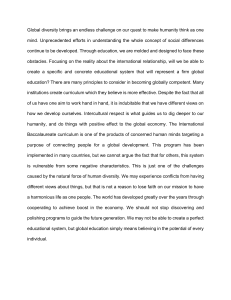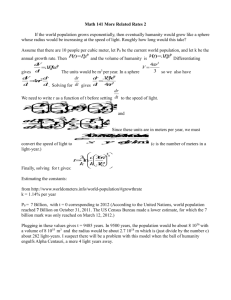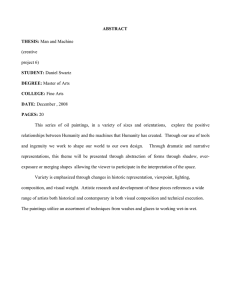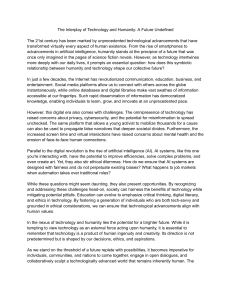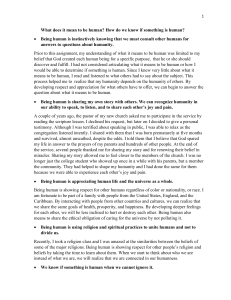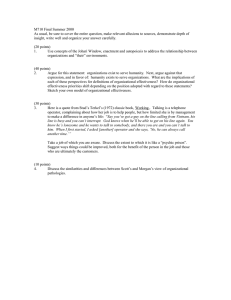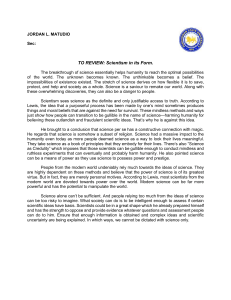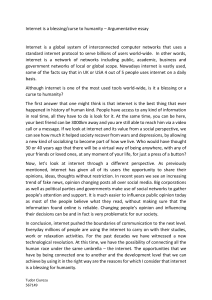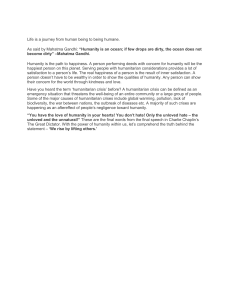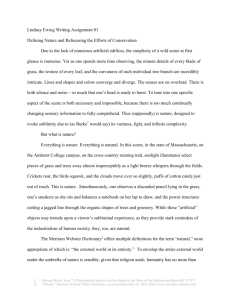What is a Culture of Peace
advertisement
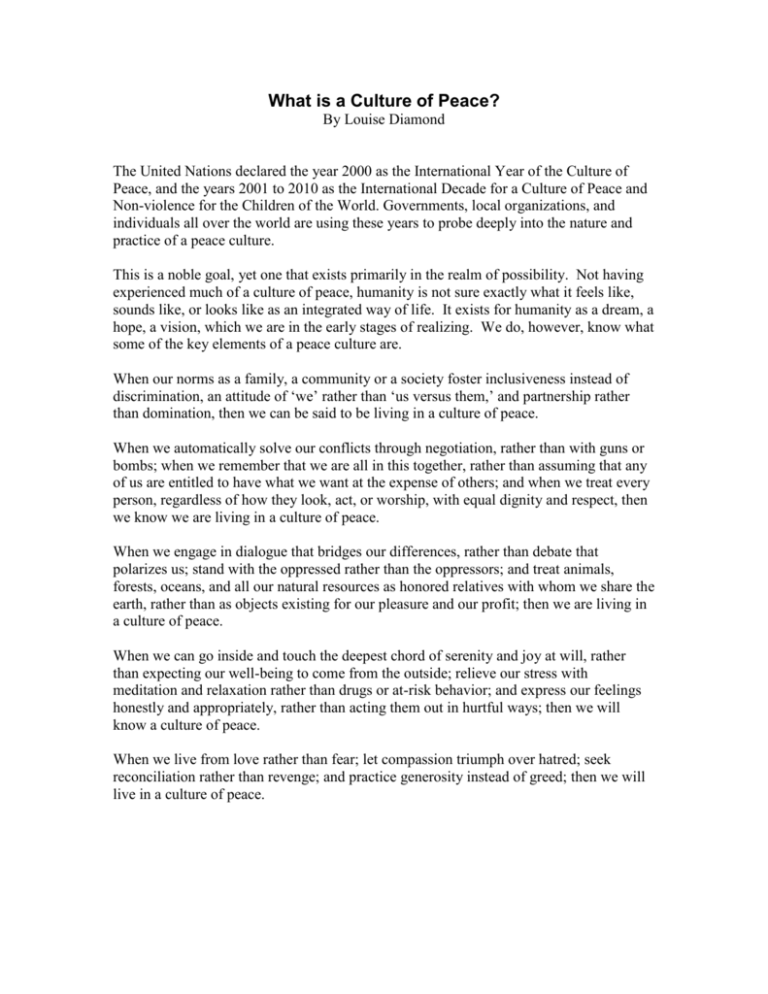
What is a Culture of Peace? By Louise Diamond The United Nations declared the year 2000 as the International Year of the Culture of Peace, and the years 2001 to 2010 as the International Decade for a Culture of Peace and Non-violence for the Children of the World. Governments, local organizations, and individuals all over the world are using these years to probe deeply into the nature and practice of a peace culture. This is a noble goal, yet one that exists primarily in the realm of possibility. Not having experienced much of a culture of peace, humanity is not sure exactly what it feels like, sounds like, or looks like as an integrated way of life. It exists for humanity as a dream, a hope, a vision, which we are in the early stages of realizing. We do, however, know what some of the key elements of a peace culture are. When our norms as a family, a community or a society foster inclusiveness instead of discrimination, an attitude of ‘we’ rather than ‘us versus them,’ and partnership rather than domination, then we can be said to be living in a culture of peace. When we automatically solve our conflicts through negotiation, rather than with guns or bombs; when we remember that we are all in this together, rather than assuming that any of us are entitled to have what we want at the expense of others; and when we treat every person, regardless of how they look, act, or worship, with equal dignity and respect, then we know we are living in a culture of peace. When we engage in dialogue that bridges our differences, rather than debate that polarizes us; stand with the oppressed rather than the oppressors; and treat animals, forests, oceans, and all our natural resources as honored relatives with whom we share the earth, rather than as objects existing for our pleasure and our profit; then we are living in a culture of peace. When we can go inside and touch the deepest chord of serenity and joy at will, rather than expecting our well-being to come from the outside; relieve our stress with meditation and relaxation rather than drugs or at-risk behavior; and express our feelings honestly and appropriately, rather than acting them out in hurtful ways; then we will know a culture of peace. When we live from love rather than fear; let compassion triumph over hatred; seek reconciliation rather than revenge; and practice generosity instead of greed; then we will live in a culture of peace.
